Hair Conditioner – Benefits And How To Use It
Your hair needs this step in your hair wash routine for a nourished and smooth texture.
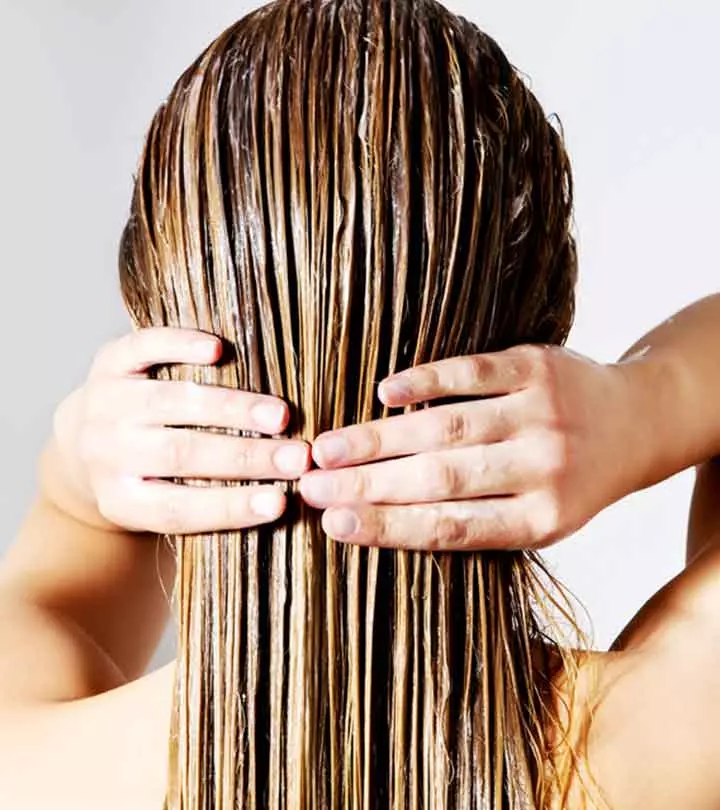
Image: Shutterstock
It is hard to keep your hair nourished and manageable without a hair conditioner, thanks to its moisturizing and repairing capabilities. But how does a conditioner stand out from the numerous hair care products out in the market? Can you use the same conditioner for all hair types? We have answered all your queries right here. Also, the article explores how a conditioner works, its benefits, the types, and how to use it. Scroll down.
In This Article
What Is Conditioner?
Hair conditioner is one of the most common moisturizing hair products. It has a creamy, smooth texture that applies on the hair easily. It offers many benefits for hair care, like frizz control (1). They are made with cationic surfactants, polymers, thickening agents, emollients, and auxiliary emulsifiers.
- Cationic surfactants, considered the backbone of conditioners, help reduce static and hair frizz.
- Polymers like hydrolyzed protein and polypeptides derived from collagen help moisturize hair.
- Fatty alcohols, waxes, salt, and gums are used as thickening agents.
- Natural or synthetic oils, waxes, and esters are used as emollients in conditioners.
- Silicone is the most commonly used synthetic oil in the making of conditioners as it offers superior hair shine, hair softness, hair texture, and manageability.
Conditioners also contain bridging agents that increase absorption and build viscosity while adjusting the pH level of your hair. What else does a conditioner do? How does it work? Let us find out in the next section.
Key Takeaways
- Cationic surfactants in conditioners attract the negatively charged hair strands and reduce static electricity. Polymers, waxes, and natural oils moisturize the hair and reduce friction.
- Deep conditioners provide more intense hydration than regular ones. They are ideal for dry and damaged hair.
- Leave-in conditioners need not be washed off. They are mostly used on curly hair to make it more manageable.
- Hair conditioners should not be applied on the scalp as they contain chemicals that may irritate the scalp.
How Does Hair Conditioner Work?
Most conditioners contain cationic surfactants that carry a positive electric charge. This positive charge attracts the negatively charged hair, especially in areas that are damaged. This reduces static electricity and helps make the hair smoother. Conditioner also helps flatten the scales on the hair’s surface, reducing friction between hair strands. It also results in the hair reflecting more light, which increases its shine. Lastly, it makes the hair smoother, making it easier to comb and detangle when wet or dry (2).
There are many types of conditioners available on the market. Check them out below!
Types Of Conditioners
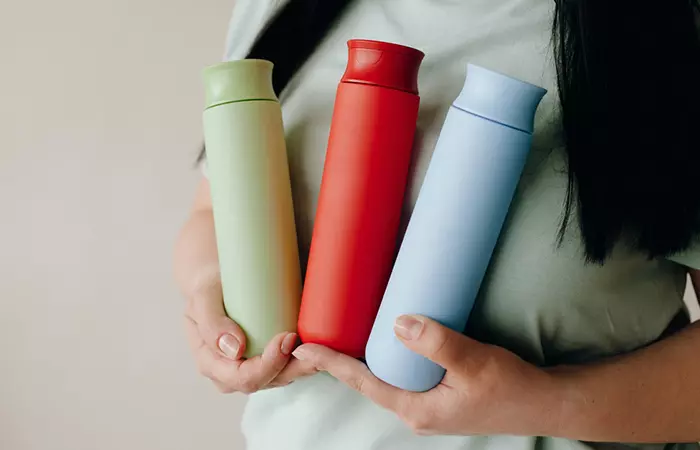
There are three basic types of hair conditioners:
- Regular Conditioners: They are made with anti-static and lubricating agents like polymers, waxes, oils, hydrolyzed amino acids, and cationic molecules. These compounds help moisturize the hair. Conditioners are made to penetrate the hair cuticle, so it affects the hair from within (1).
- Deep Conditioners: These conditioning products contain more concentrated ingredients. They are normally left on the hair for 20-30 minutes. They are used to rejuvenate and replenish dry and damaged hair.
- Leave-in Conditioners: These are water- or alcohol-based products that are not meant to be washed off. Leave-in products are better suited for curly hair, especially for combing wet hair.
So, if you have ever wondered, “Can you leave the conditioner in your hair?” The answer is yes, as leave-in conditioners are designed for that exact purpose.
A blogger shares her personal experience of transforming her damaged and dull afro locks by following a dedicated hair care regimen. She enlists 5 major steps of her hair care process and sheds light on the importance of various hair care products including a conditioner. She states that she works on oil rinsing after shampooing and before using a deep conditioner. For the last step, she uses a creamy leave-in conditioner. Seeing the results, she adds, “The last 4 additions to my regimen have totally changed this. My hair is no longer brittle, my issues with retaining moisture are nothing like they once were, and generally, I have been able to spend far less time fussing over my hair (i).”
Wondering what the benefits of using a conditioner are? Find out below!
Benefits Of Conditioners
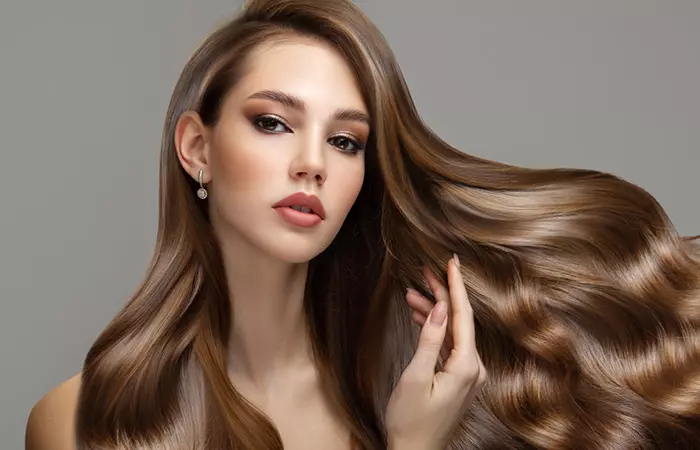
- Anti-Frizz And Static Control: Conditioners are used to decrease any inter-fiber friction between the hair shafts (1). They also neutralize the negative electrical charge on hair fibers and improve fiber hydrophilicity. This provides frizz and static control.
- Improved Hair Appearance And Feel: They help detangle hair, thus improving hair manageability and combability (1). They also improve hair shine and smoothness.
- Hair Protection: It protects the hair by sealing the cuticle. Research shows that applying a conditioner after shampooing your hair can prevent any damage and dryness caused by the shampoo (3). It also protects the hair fiber surface (1). It can also be used to prevent any friction caused by anti-dandruff shampoos.
- Protein: Some conditioners also contain protein-derived compounds that may treat hair split ends (2).
- Repairs Hair Damage: Chemically-treated and/or bleached hair is more porous (1). This means that hair cuticles are left more open to damage. Hair conditioners can penetrate the cuticle and seal it from within to protect damaged hair and help in hair repair. Conditioners also help moisturize your hair after any chemical or hair styling treatments (2).
Now that you know why hair conditioner is such a wonderful product for hair beauty, let’s check out how to use it!
How To Use A Conditioner
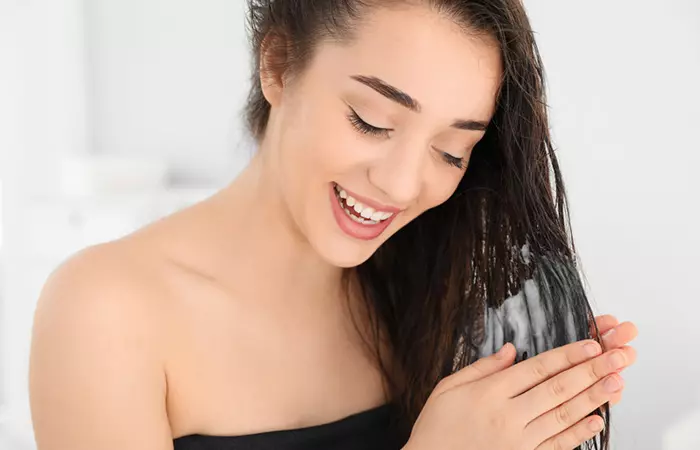
Conditioners can be used on a regular basis after shampooing your hair (1). Knowing how to use a conditioner is an added benefit. If you are wondering how to use conditioner effectively, follow these steps:
Procedure
- Make sure your hair is not dripping wet before you apply the conditioner.
- Take a generous amount of conditioner and apply it through the length of your hair in long and fluid motions, focusing more on the ends.
- Use your fingers or a wide-toothed comb to work the conditioner well.
- Do not apply it on the scalp as conditioners contain concentrated chemicals.
- Leave the conditioner on for about 3-5 minutes.
- Rinse it off with lukewarm water.
 Quick Tip
Quick TipDeep conditioners can be left on your hair for a slightly longer time, like 20-30 minutes (2). Leave-in conditioners can be left in the hair without being rinsed out. Getting all the information about leave-in conditioners, including benefits and precautions, can help you find the right conditioner and become well-versed in its usage.
Different hair types require different conditioners. Check out the next section to find out more.
Conditioners For Different Hair Types
Conditioners are made for specific hair types or problems. You can find conditioners that cater to straight, wavy, and curly hair needs. While most conditioners contain the same basic ingredients, there may be some elements that are better suited to a particular hair type or hair issue.
- A regular conditioner can be used on straight and wavy hair as it won’t make the hair look oily or flat (1).
- Leave-in conditioners are better suited for curly hair as they improve hair manageability (1).
- Deep conditioners can be used for damaged and dry hair (2).
- Deep conditioners are also suitable for low-porosity hair, which needs extra moisture as it cannot absorb moisture as well as other hair types.
 Quick Tip
Quick TipNow, let’s answer an important question.
How Often Should You Use A Conditioner?

Conditioners should be used every time you shampoo your hair as the shampoo may make your hair dry. Deep conditioners can be used as often as once a week, or as minimally as twice a month. Leave-in conditioners can be used every time you wash your hair.
Side Effects
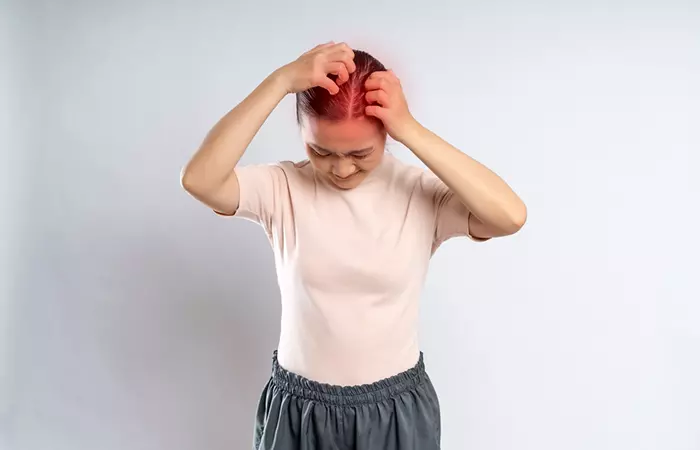
Although conditioners are mainly safe for regular usage, there may be a few cases of adverse cases. Some conditioners may have a higher pH level, which may irritate your scalp and damage your hair (2). Some ingredients used in the making of conditioners may cause allergic reactions or contact dermatitisi It is a blanket term used to describe skin irritation and has many types and causes, but it's common symptoms are dry, itchy skin, flaking, or a rash. . It is advised to perform a patch test on your forearm or behind your ear to check for any allergic reactions or irritation.
Infographic: 5 Ways A Conditioner Improves Hair
A hair wash is not complete unless you use a conditioner after shampooing. It not only smoothens the hair but also prevents and repairs hair damage caused by chemicals and styling treatments. The infographic below will help you understand the major benefits of using a conditioner. Check it out now!

Illustration: StyleCraze Design Team
Hair conditioners are products that contain emollients and surfactants that keep your hair moisturized. Some of the advantages of using a hair conditioner include frizz reduction, improved smoothness, and protection of your hair from further damage. Keep in mind that you should select a hair conditioner suitable to your hair type. For example, regular hair conditioners are suitable for straight and wavy hair, while leave-in conditioners are ideal for curly hair. While conditioners are safe for usage, some people may experience adverse reactions due to higher pH levels. Conduct a patch test to be sure.
Frequently Asked Questions
Is conditioner good for hair every day?
No, it is not recommended to use a conditioner daily. Excess use of conditioner can leave your hair looking greasy and weighed down.
Which is better: shampoo or conditioner?
Both products are used for different purposes. A shampoo cleanses your hair and scalp, while a conditioner moisturizes your hair.
Do conditioners cause hair loss?
Overusing conditioner may cause buildup on the scalp. This buildup mixes with excess sebum and dirt and clogs the pores. This can lead to serious hair damage, including hair loss.
Can I use a conditioner without shampoo?
Yes, you can use a conditioner to moisturize your hair without using a shampoo. This method of cleansing is called co-washing.
How long should I leave the conditioner in my hair?
Regular conditioner can be left on your hair for 5-10 minutes. Deep conditioning treatments can be left for 15 minutes to an hour. Leave-in conditioner can be left in the hair without washing it off.
What is a natural hair conditioner?
There are two types of natural hair conditioners: ingredient-based and hair type-based. Conditioners made with natural ingredients are called natural hair conditioners. But, natural hair conditioners may also refer to conditioners made for natural hair types, like 3C to 4C hair. Hair type-based conditioners are made for specific hair types, like curly, straight, oily, or dry hair.
Can I mix shampoo and conditioner?
It is not recommended to mix these two products as shampoo is meant to cleanse the scalp and strip off excess sebum and other impurities. A conditioner moisturizes the hair and scalp.
Does conditioner clean hair?
No, the conditioner moisturizes and helps in maintaining hair hydration and does not affect hair growth or hair strength.
Can I use oil instead of conditioner?
Yes, you can use oil instead of conditioner, but only for deep conditioning hair treatment. If you use oil as a regular conditioner, you should use it before shampooing.
What happens if I don’t rinse out the conditioner?
Your conditioner will dry up and leave up a gritty buildup on your scalp if you don’t rinse it out. This could cause your hair follicles to clog and result in hair loss.
Illustration: Hair Conditioner – Benefits And How To Use It
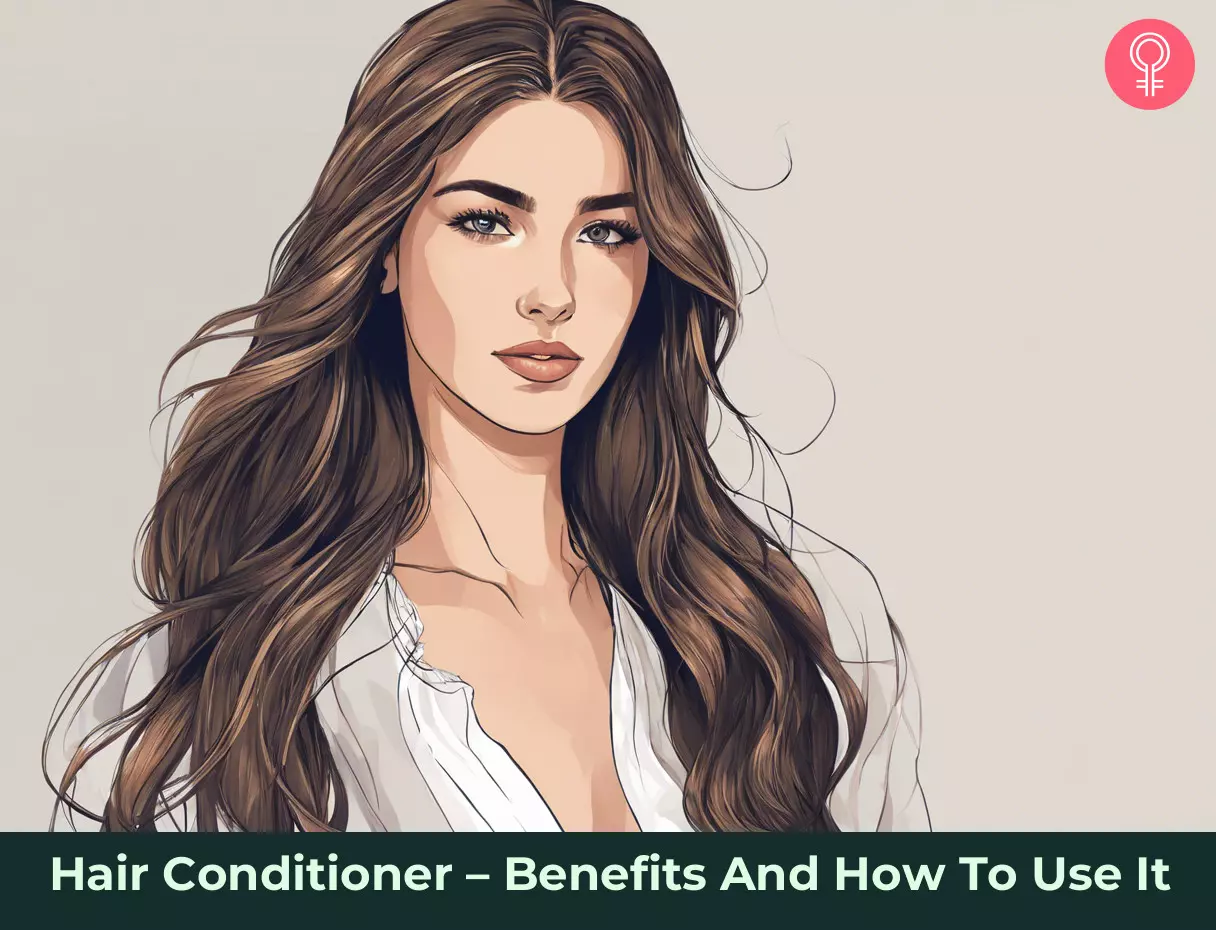
Image: Stable Diffusion/StyleCraze Design Team
References
Articles on StyleCraze are backed by verified information from peer-reviewed and academic research papers, reputed organizations, research institutions, and medical associations to ensure accuracy and relevance. Read our editorial policy to learn more.
- Hair Cosmetics: An Overview
https://www.ncbi.nlm.nih.gov/pmc/articles/PMC4387693/ - Shampoo and Conditioners: What a Dermatologist Should Know?
https://www.ncbi.nlm.nih.gov/pmc/articles/PMC4458934/ - Effect of shampoo, conditioner and permanent waving on the molecular structure of human hair
https://www.researchgate.net/publication/282444217_Effect_of_shampoo_conditioner_and_permanent_waving_on_the_molecular_structure_of_human_hair
Read full bio of Dr. Madhuri Agarwal
Read full bio of Anjali Sayee
Read full bio of Eshna Das
Read full bio of Krati Darak






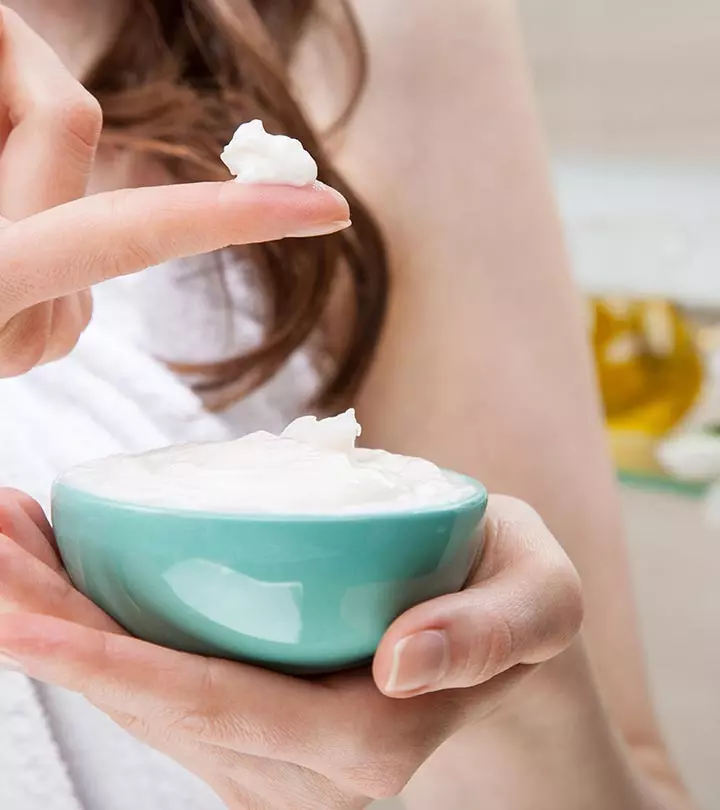
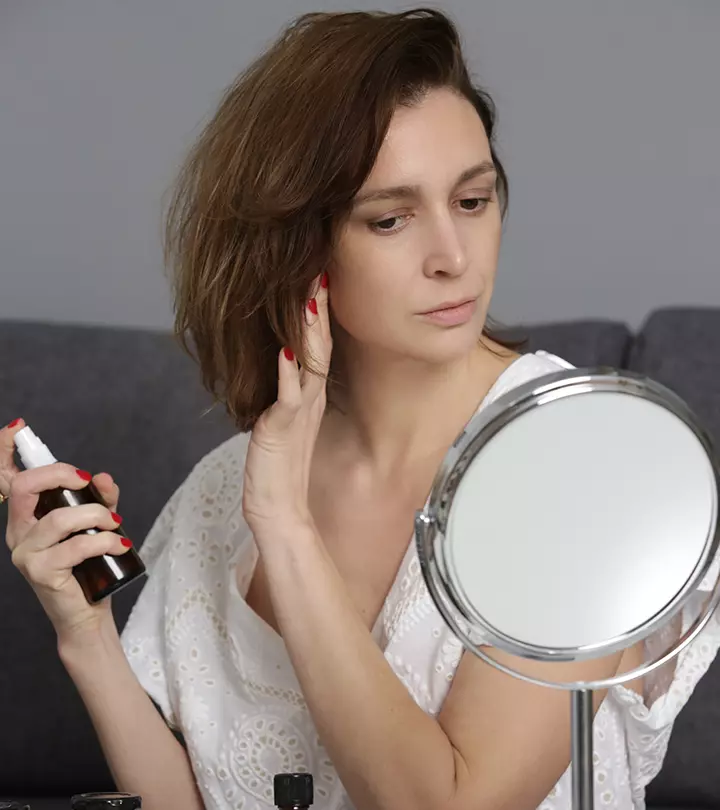
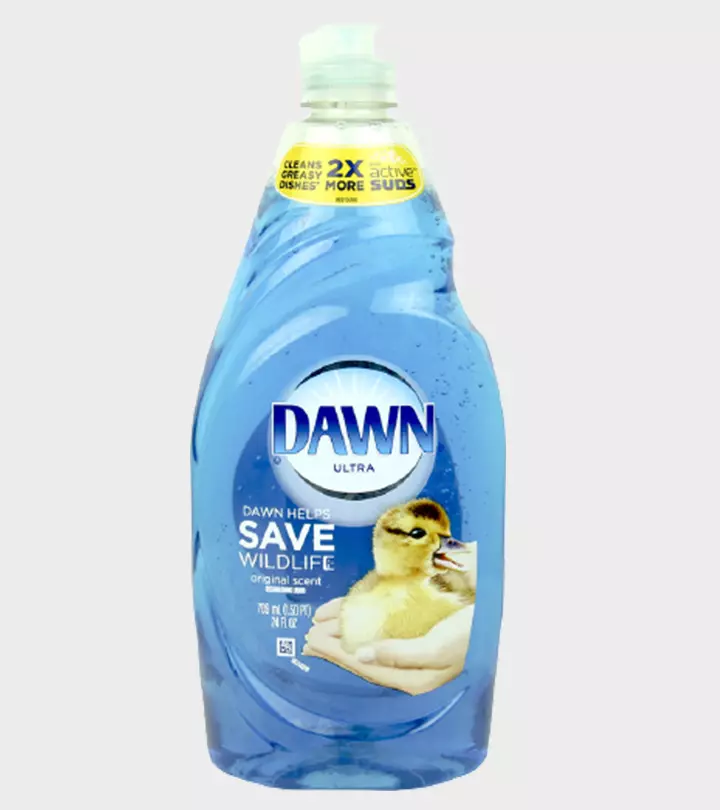
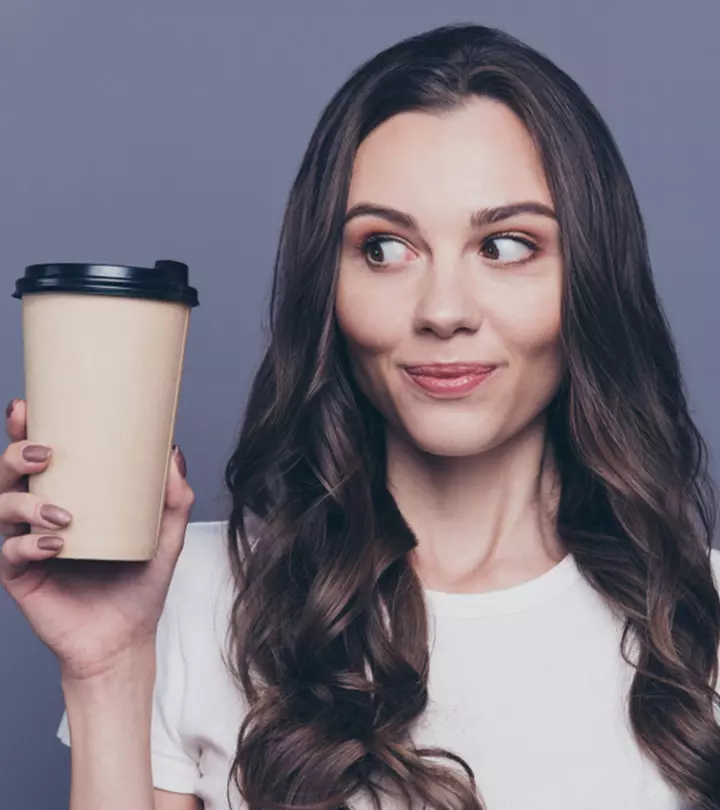
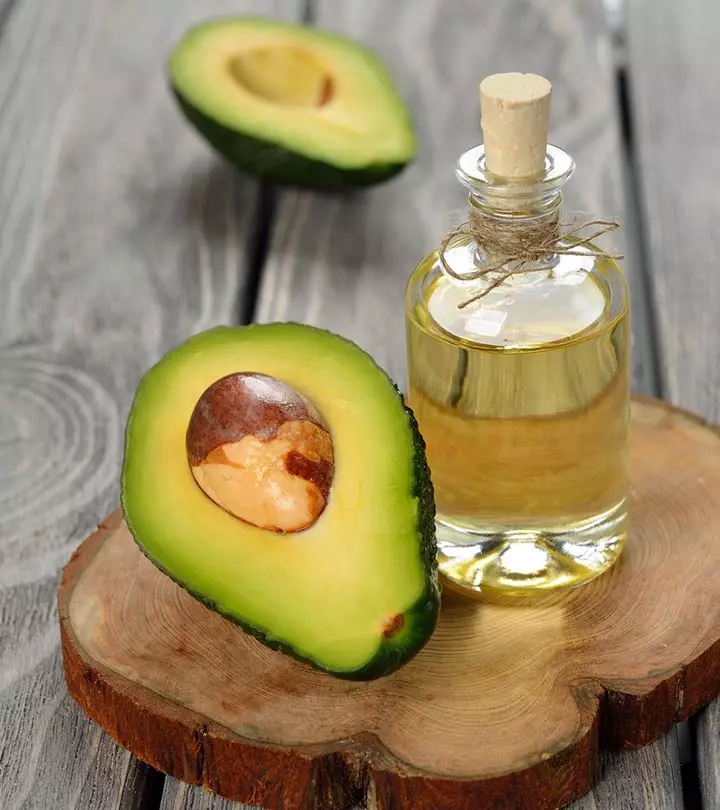
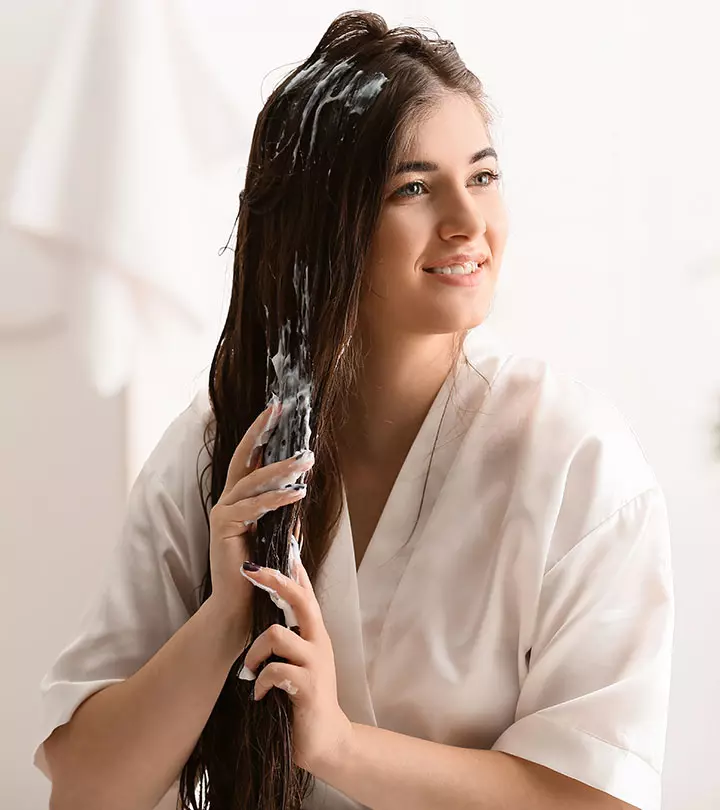
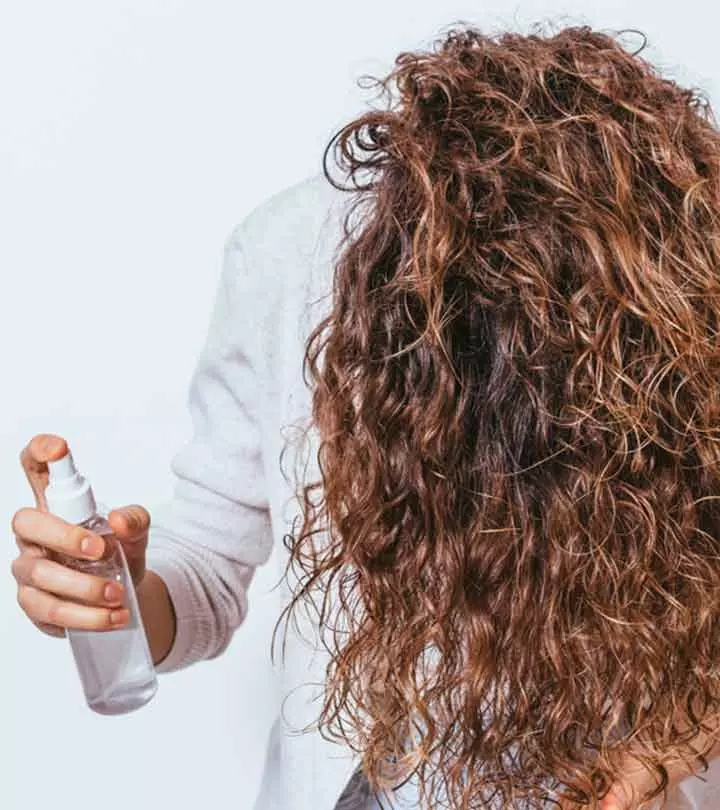
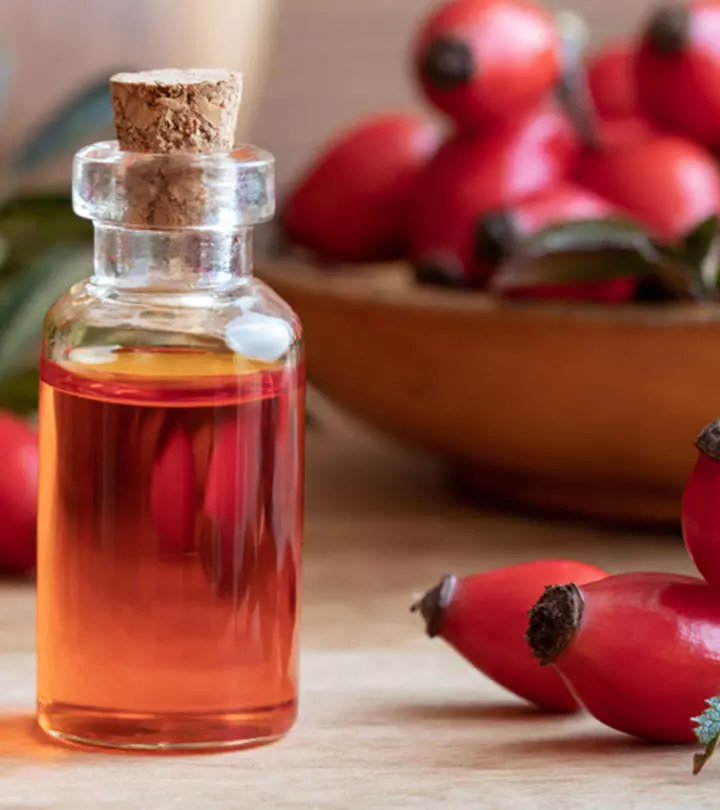
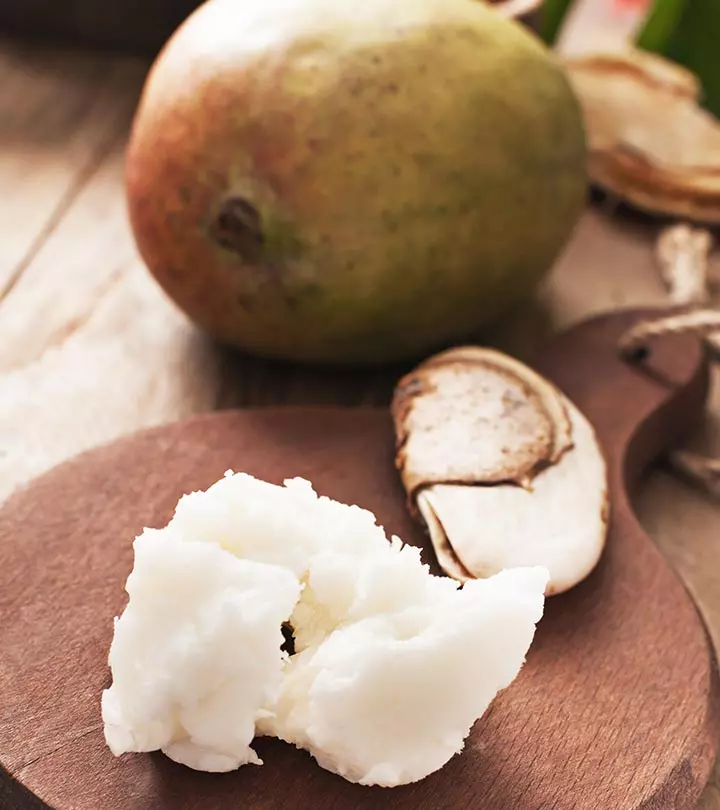
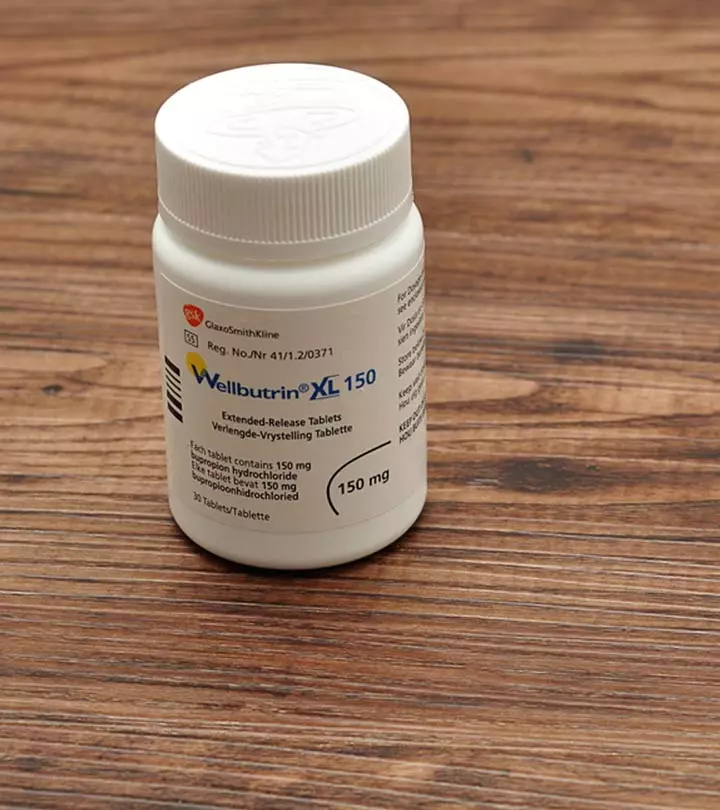
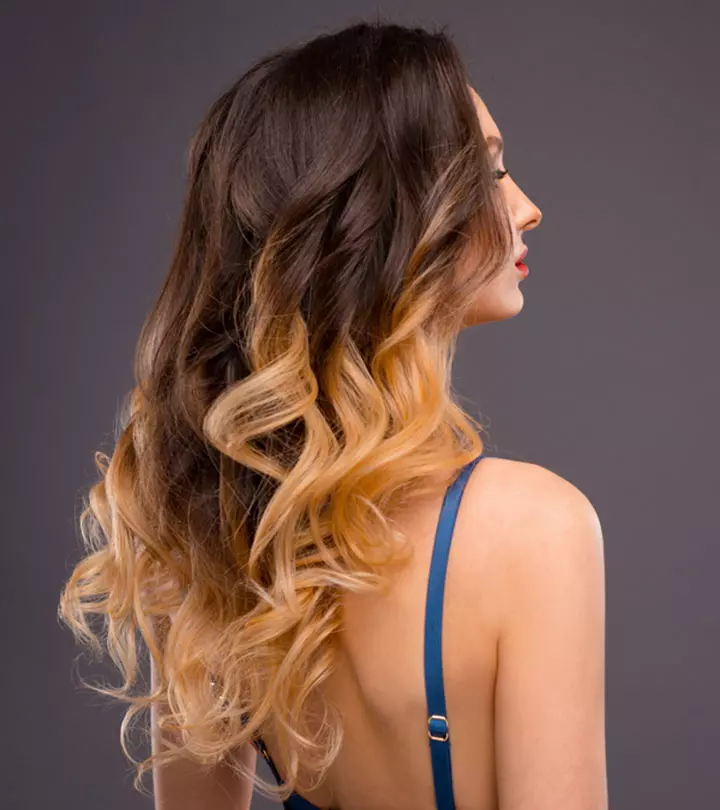
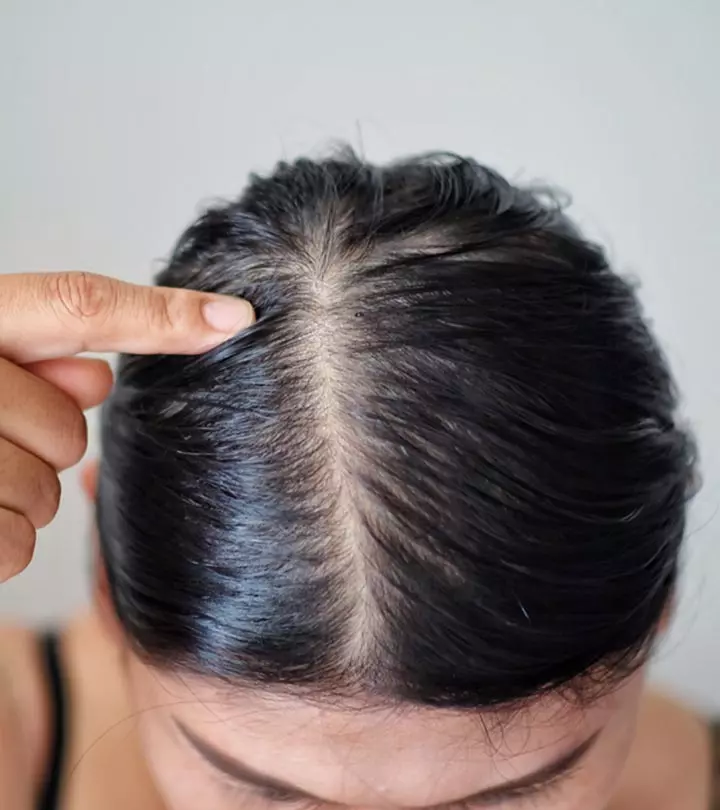
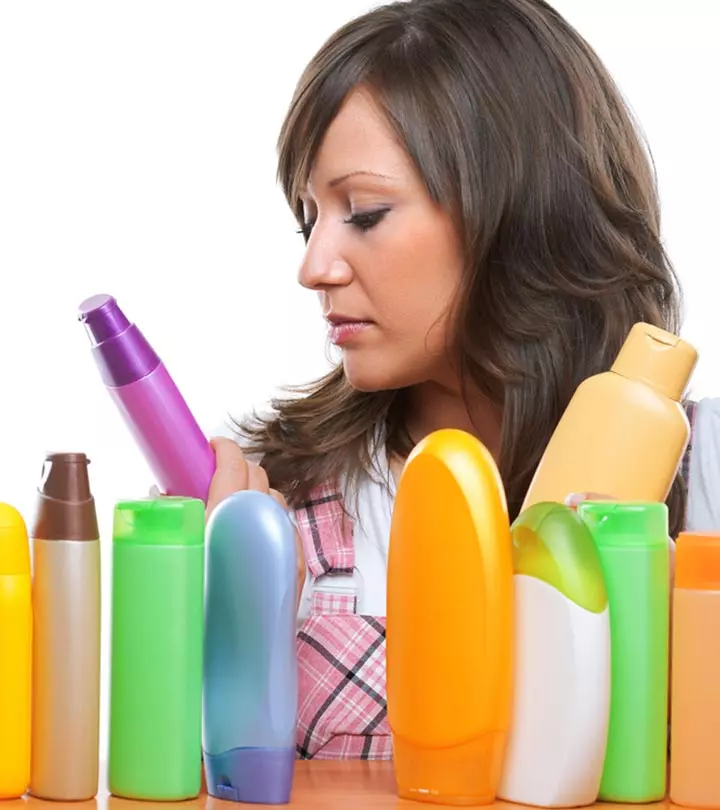
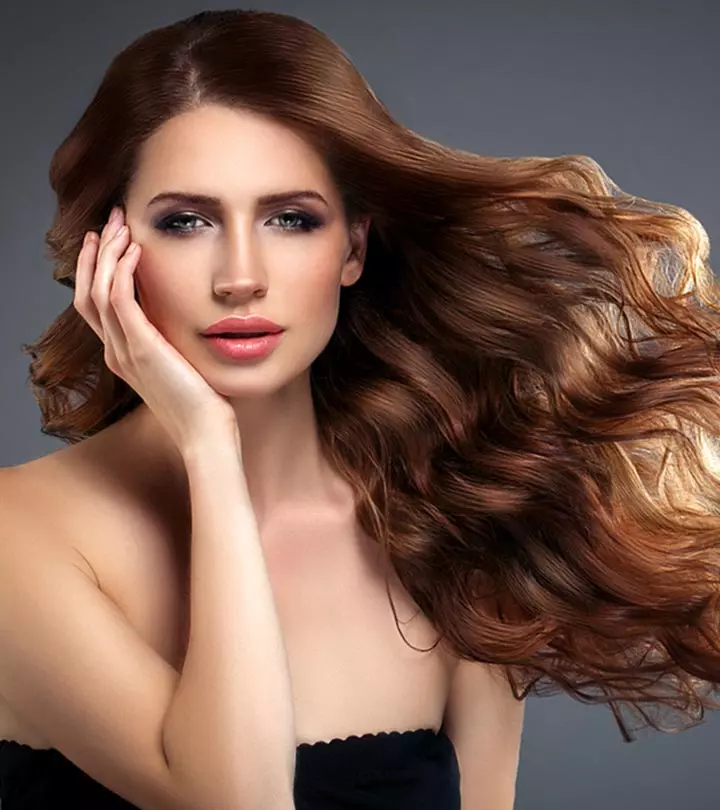
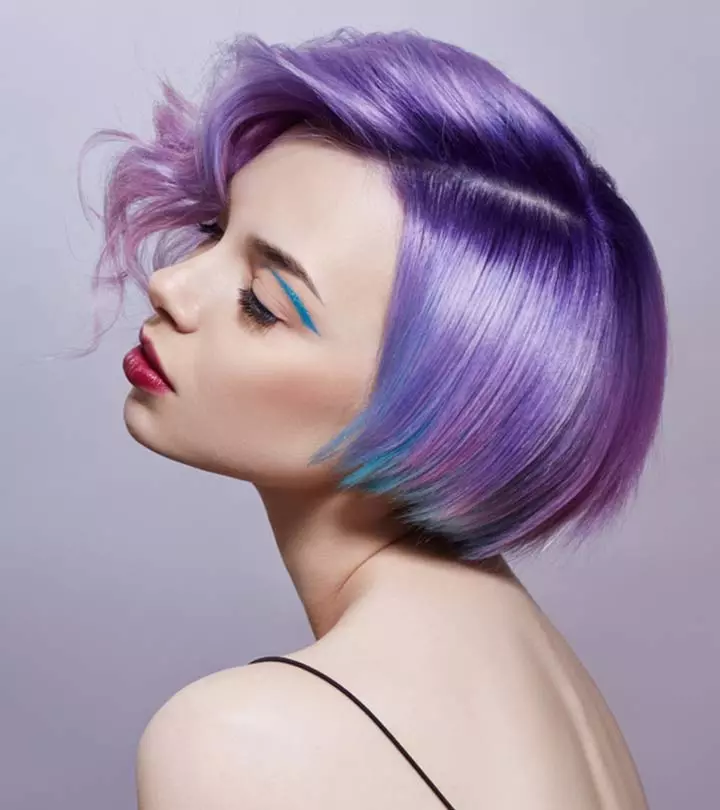
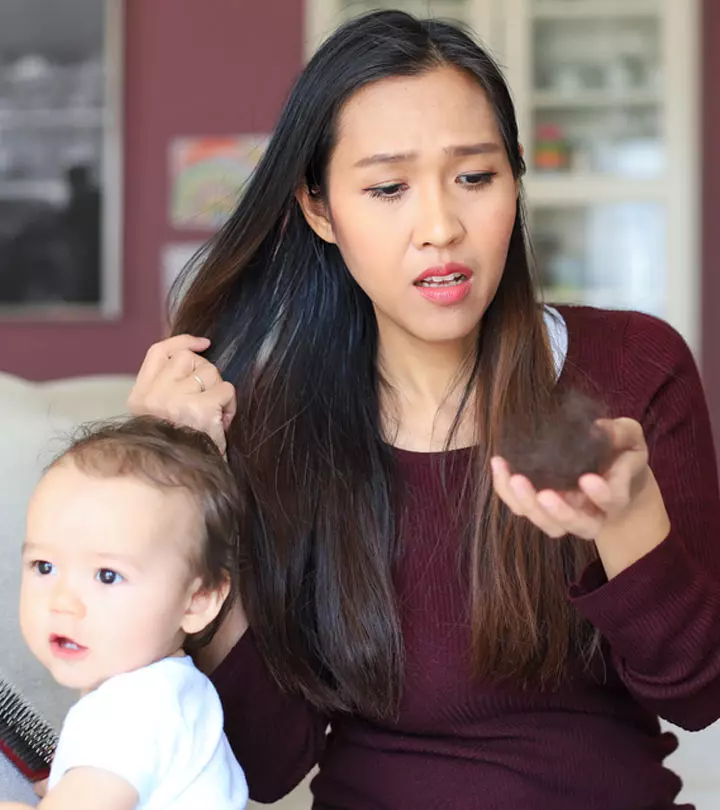
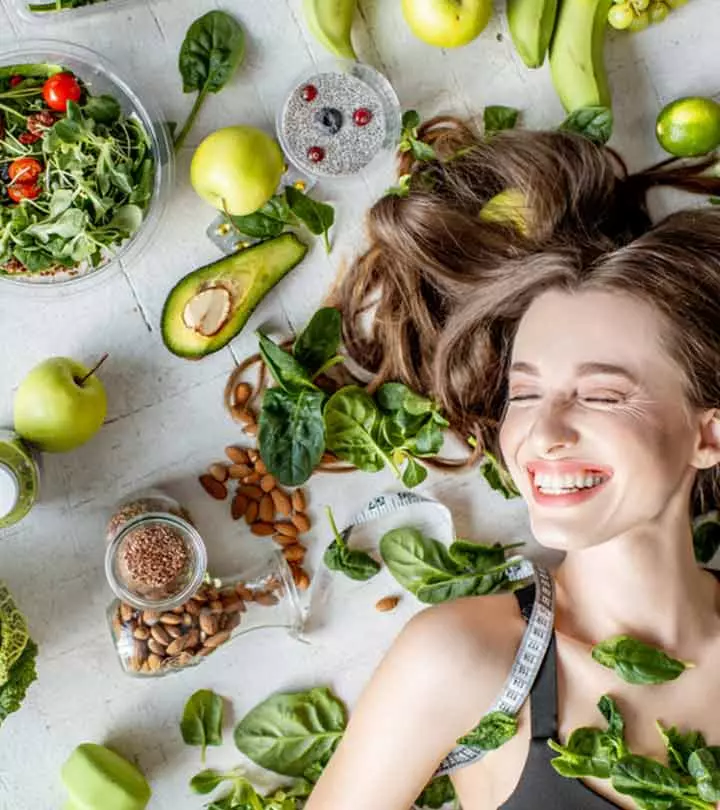
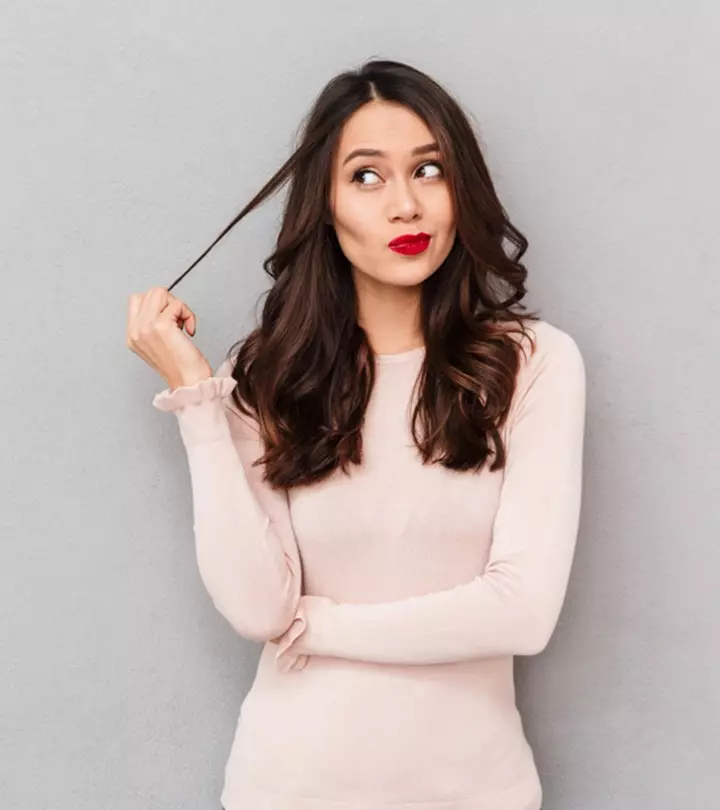
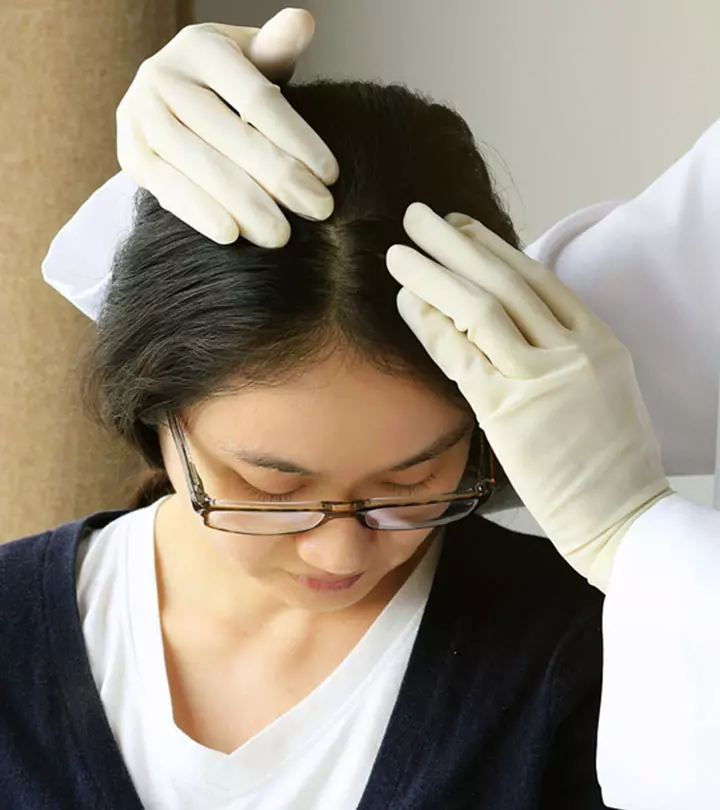
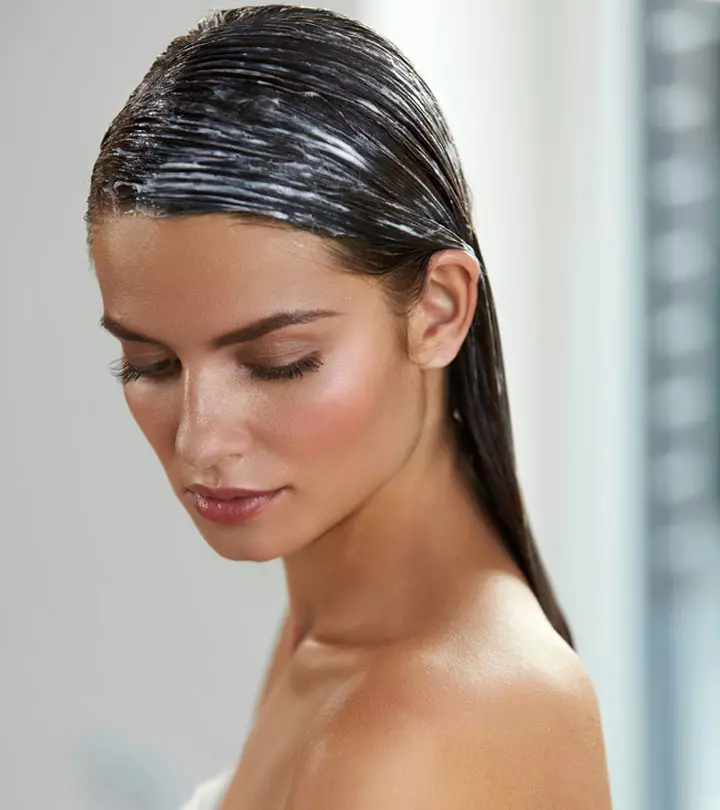
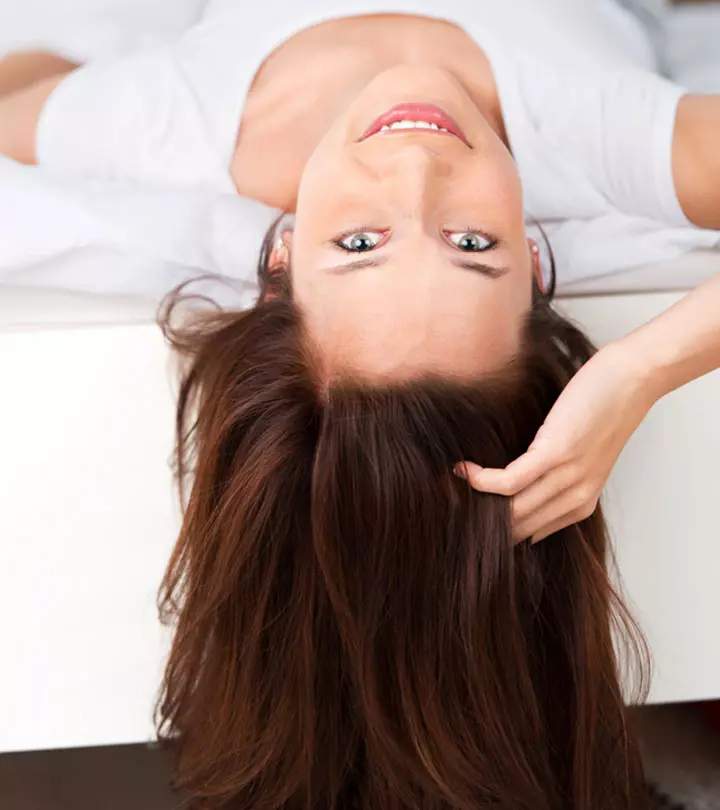
Community Experiences
Join the conversation and become a part of our empowering community! Share your stories, experiences, and insights to connect with other beauty, lifestyle, and health enthusiasts.